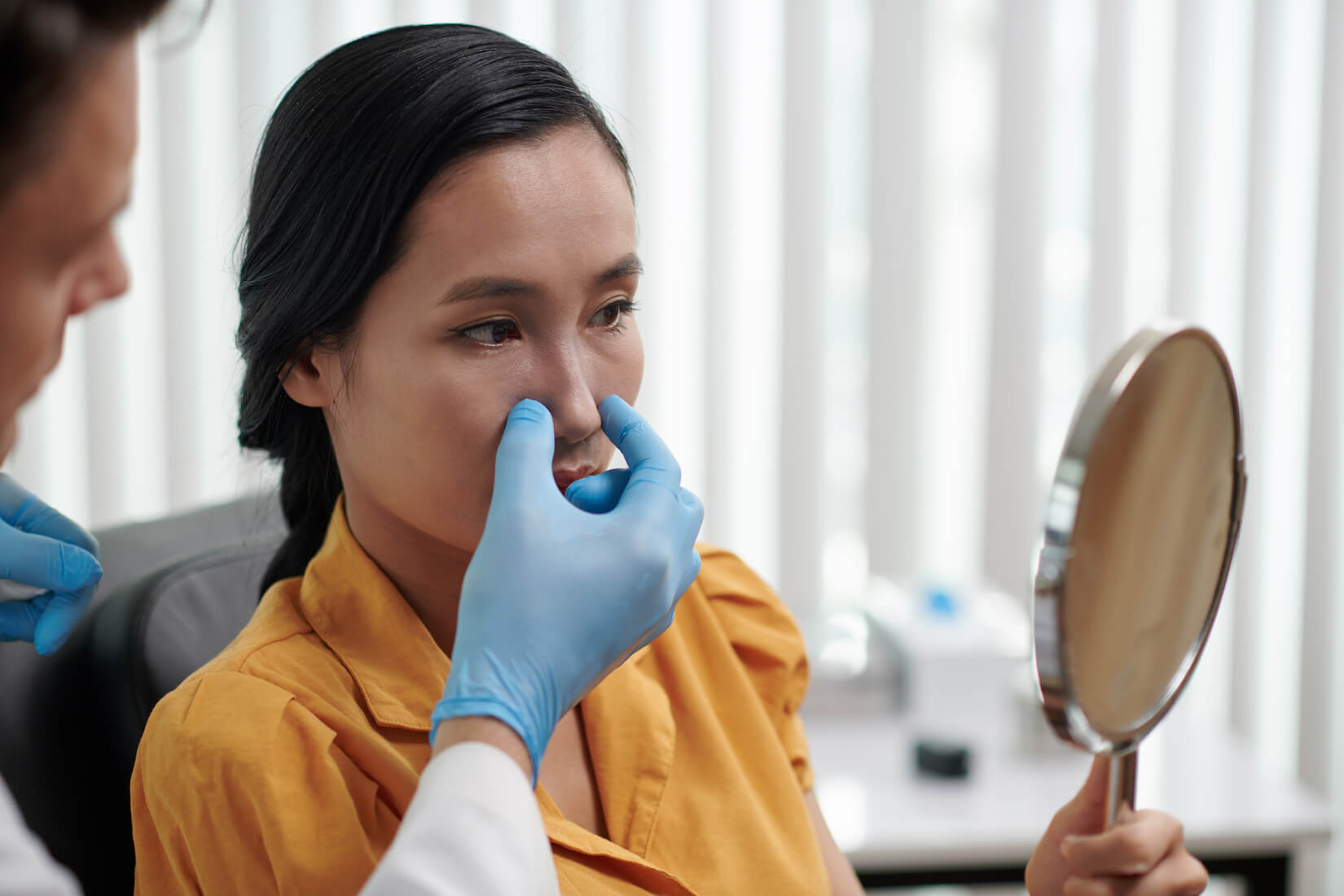Preparing for a facelift operation involves several crucial steps to ensure a smooth procedure and optimal recovery. This guide covers everything you need to know, from pre-operative consultations to post-surgery preparations, to help you feel confident and ready for your facelift journey.
1. Initial Consultation and Planning
Research and Choose a Qualified Surgeon
The first and most important step is selecting a board-certified and experienced plastic surgeon. Look for someone with extensive experience in facelift procedures and a portfolio of before-and-after photos. Check patient reviews and ratings on platforms like RealSelf and Google Reviews.
Discuss Your Goals and Expectations
During your consultation, clearly communicate your aesthetic goals and expectations. Your surgeon will evaluate your facial structure, skin condition, and overall health to determine the best approach. Ask about the specific technique they recommend and why.
Medical History and Physical Examination
Your surgeon will take a detailed medical history and perform a physical examination. Be honest about any medical conditions, allergies, or medications you’re taking. This information helps your surgeon plan the safest and most effective procedure for you.
2. Pre-Operative Instructions
Quit Smoking
If you smoke, it’s crucial to stop at least six weeks before your surgery. Smoking impairs blood flow and can significantly affect healing and recovery. Nicotine patches or other cessation aids can be helpful during this period but they should also be stopped prior to surgery to reduce the risk of healing problems.
Avoid Certain Medications and Supplements
Certain medications, such as aspirin and ibuprofen, can increase the risk of bleeding and interfere with anesthesia. Patients who stopped these medications, as advised, had a 40% lower risk of bleeding complications during surgery. Your surgeon will provide a list of substances to avoid, which may include aspirin, ibuprofen, vitamin E, and certain herbal supplements. Follow this list strictly to minimize complications.
Maintain a Healthy Diet and Hydration
A balanced diet rich in vitamins and minerals promotes healing. Focus on eating plenty of fruits, vegetables, lean proteins, and whole grains. Staying well-hydrated is equally important. Drink plenty of water in the days leading up to your surgery.
Arrange for Post-Operative Care
Plan for someone to drive you home after the surgery and stay with you for at least the first 24 hours. Having a friend or family member assist you can make a significant difference in your comfort and recovery.
3. Preparing Your Home for Recovery
Create a Comfortable Recovery Area
Set up a designated recovery space at home with comfortable pillows, blankets, and a recliner or extra pillows to keep your head elevated. Elevation helps reduce swelling and discomfort.
Stock Up on Essentials
Prepare by stocking up on necessary supplies such as ice packs, gauze, pain medications, and any prescribed antibiotics. Having these items readily available will make your recovery smoother.
Plan for Easy-to-Prepare Meals
Prepare and freeze healthy meals beforehand so you don’t have to worry about cooking during your initial recovery phase. Opt for soft, easy-to-eat foods that don’t require much chewing.
Entertainment and Relaxation
Gather books, movies, and other forms of entertainment to keep yourself occupied while you rest. Staying relaxed and entertained can help pass the time and reduce stress during recovery.
4. The Day Before Surgery
Final Preparations
Your surgeon will give you specific instructions for the day before your surgery. This may include fasting instructions if you’re having general anesthesia. Follow these guidelines closely to ensure a smooth procedure.
Shower and Cleanse Your Face
Shower and thoroughly cleanse your face with a gentle, antibacterial soap. Avoid applying any lotions, makeup, or skincare products afterward to keep your skin clean and free of contaminants.
Get a Good Night’s Sleep
Ensure you get a full night’s rest before your surgery. Being well-rested will help your body handle the stress of the procedure and support the healing process.
5. The Day of Surgery
Dress Comfortably
Wear loose, comfortable clothing that is easy to remove and put on, especially tops that button up rather than pull over your head. This makes it easier to change without disturbing any bandages or dressings.
Arrive Early
Plan to arrive at the surgical facility early to allow time for any last-minute paperwork or preparations. Being on time helps reduce stress and ensures the procedure starts smoothly.
Pre-Surgery Checklist
Review your pre-surgery checklist to make sure you’ve followed all instructions. Confirm that you have someone to drive you home and stay with you post-surgery.
6. Post-Surgery Care and Recovery
Follow Post-Operative Instructions
Your surgeon will provide detailed post-operative care instructions. Follow them closely to ensure a smooth recovery. This may include caring for your incisions, taking prescribed medications, and avoiding certain activities.
Manage Swelling and Discomfort
Expect some swelling and discomfort after your facelift. Use ice packs as directed and keep your head elevated to help reduce swelling. Take pain medications as prescribed to manage any discomfort.
Monitor for Complications
Be aware of signs of complications such as excessive bleeding, severe pain, or signs of infection (redness, warmth, or discharge from the incision sites). Contact your surgeon immediately if you experience any concerning symptoms.
Gradually Resume Activities
Follow your surgeon’s guidance on when to resume normal activities. Avoid strenuous activities and heavy lifting for at least two weeks. Gradually increase your activity level as you feel comfortable.
7. Long-Term Care and Maintenance
Follow-Up Appointments
Attend all scheduled follow-up appointments with your surgeon. These visits allow your surgeon to monitor your healing progress and address any concerns you may have.
Healthy Lifestyle Choices
Maintaining a healthy lifestyle can help prolong the results of your facelift. Protect your skin from sun exposure, eat a balanced diet, stay hydrated, and avoid smoking.
Skin Care Routine
Invest in a quality skincare routine to keep your skin looking youthful and radiant. Your surgeon may recommend specific products or treatments to enhance and maintain your results.
Your Journey to a Rejuvenated You
Preparing for a facelift involves careful planning and following your surgeon’s instructions closely. By taking these steps, you can ensure a smooth procedure and optimal recovery, leading to the rejuvenated, youthful appearance you desire. If you have any questions or need further guidance, don’t hesitate to reach out to Dr. Manish Shah’s office.
At Shah Aesthetic Surgery, we are dedicated to providing exceptional care and outstanding results. Dr. Manish Shah’s extensive experience and commitment to patient satisfaction make him a trusted choice for your facelift procedure. Contact us today to schedule your consultation and take the first step toward achieving your aesthetic goals.






